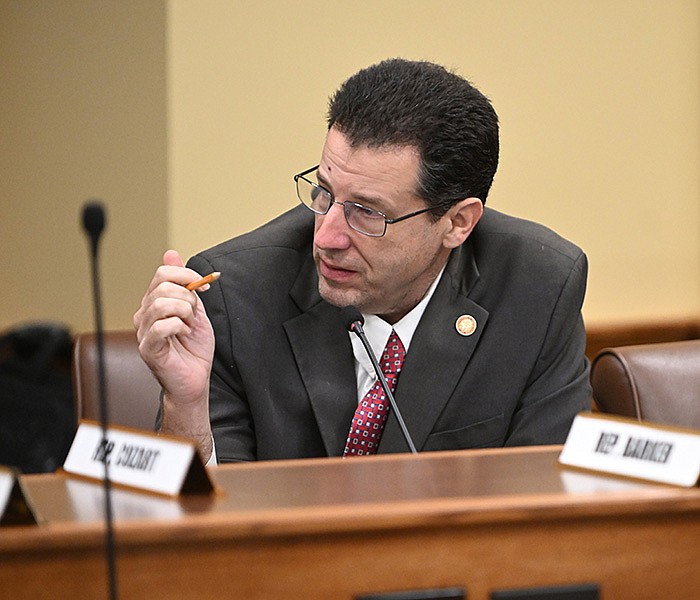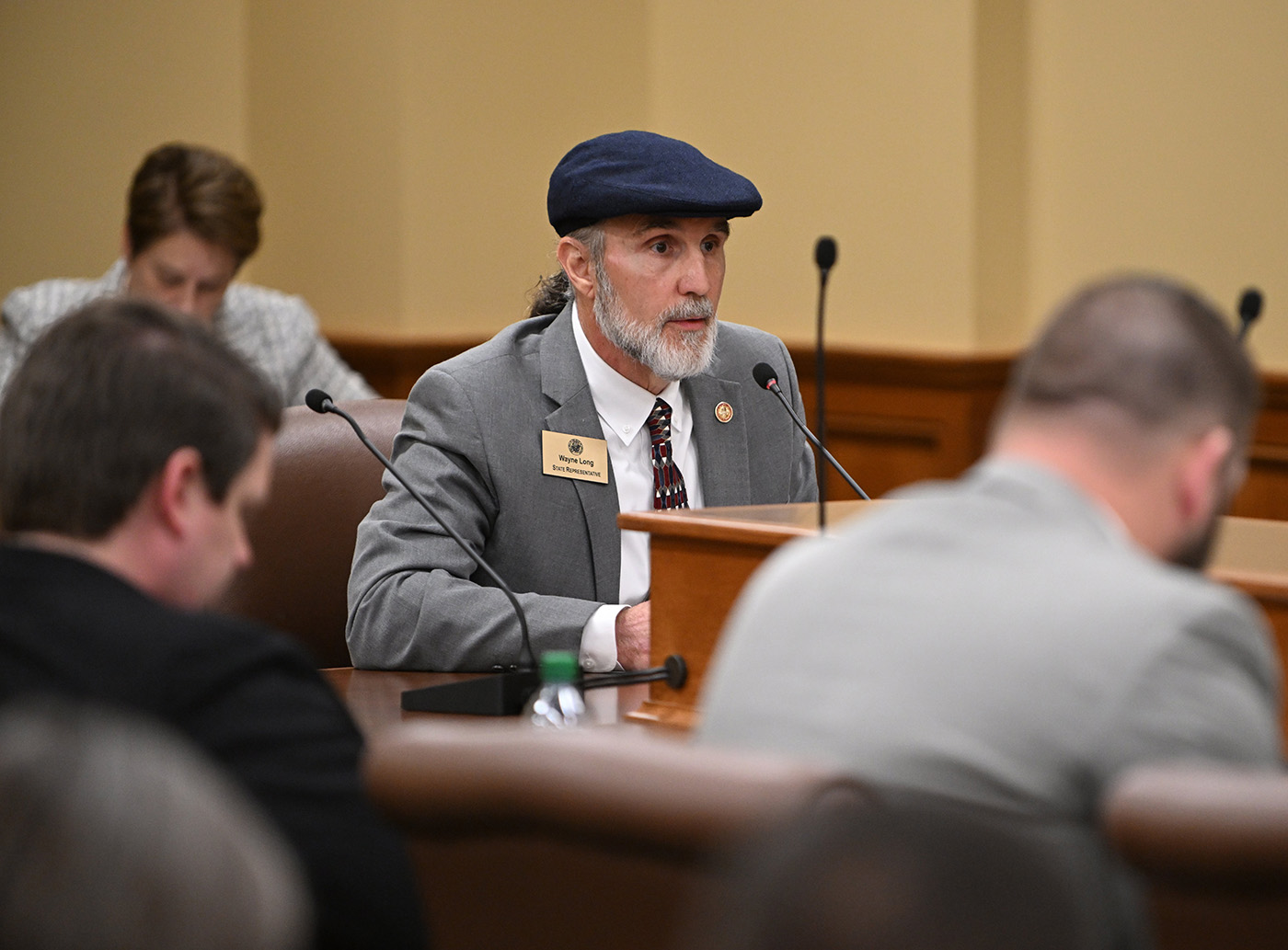A House Education committee recommended a bill Thursday that would prohibit school staff from addressing students by a pronoun inconsistent with "student's biological sex," unless they have written permission from a parent.
House Bill 1468, by Rep. Wayne Long, R-Bradford, also bars school staff from calling a student by a name other than the name listed on their birth certificate without written permission from a parent.
Long said the bill is aimed at preventing school staff from being compelled to call students by their preferred pronouns or name. While the bill would be applicable for public schools, open enrollment charters and public colleges, permission would only be required for a student who is "an unemancipated minor."
The committee passed the bill on a voice vote with one member, Rep. Denise Garner, D-Fayetteville, dissenting.
"I would ask the people that oppose the bill to consider the fact that tolerance is a two-way street," Long said. "And I think it would be good policy for everyone to tolerate the people that have a deeply held religious conviction regarding this matter."
Sarah Everett, policy director at the American Civil Liberties Union of Arkansas, disputed Long's claim the bill would protect free speech, saying it "compels teachers to use the incorrect pronoun or name."
"The bill claims that it's a matter of free speech to choose not to use a trans person's pronoun, but then it goes on to limit the speech of school employees who want to affirm that student's gender identity," Everett said.
Everett told the committee, if passed, the bill is likely to run afoul of the First Amendment and federal laws such as Title VII of the Civil Rights Act of 1964, which prohibits sex discrimination in employment.
"As we know, the [U.S.] Supreme Court has clearly stated that discrimination against trans people is sex discrimination and it is prohibited in employment, at the very least," Everett said.
Matt Sharp, senior counsel from the Alliance Defending Freedom, a conservative legal group, said the bill would be a preemptive measure that would prevent teachers from being fired for not using a student's preferred pronouns or name. Sharp said teachers in other states have been fired for not using a student's preferred gender pronoun, and the bill protects religious liberty.
The bill states school faculty "shall not be subject to adverse employment action," not using a student preferred pronoun or name. Long said the bill would not apply to what he called a "derivative name" such as Bob, for Robert.
"We want to defer to parents. That's their proper role, to make those decisions," Sharp said. "And so something outside of normal names and normal nicknames, normal derivatives, that's up to the parents."
Those testifying against the bill said it was another attack by the Legislature against the transgender community. Earlier this session lawmakers introduced bills to restrict people from using the bathroom of their choice at a public school and another bill to create criminal penalties for entering and remaining in a bathroom designated for the opposite sex while a minor is present.
On Wednesday, the House approved a bill that would allow a person injured by a gender transition procedure to bring a civil suit against the medical provider who performed the procedure.
"In reality I see that our Legislature is once again singling out transgender individuals and attempting to pass discriminatory law," said Jessica Disney of Conway. "It's codifying the right for someone to cause harm and distress to another person. It's giving them the right to bully."


